An allegedly flawed fraud detection system is now automatically cancelling SASSA SRD grants. What can beneficiaries do?
The automatic fraud detection system was called out as being unfair last year by the Universal Basic Income Coalition .The South African Social Security Agency branch in Mpumalanga says it has begun automatically cancelling any R370 COVID-19 SRD grant payments it flags as fraudulent. Last year the agency received backlash for an automated fraud detection system that could cancel grants even for people that may not be able to prove they are legitimate beneficiaries.
SASSA told beneficiaries in Mpumalanga on Monday that it was “mandated” to cancel all fraudulent grant payments. “SASSA implemented this activity to ensure that the Agency pays social grants to the right people and avoid fraud.on SASSA’s automated fraud detection system, saying that it made recipients “jump through yet more hoops to access their meagre entitlements” and prove that they are not fraudulent recipients.
SASSA apparently places these profiles on suspension until the owners can complete a biometric identification process. UBIC says, as per the agency, “While we understand the necessity to curb fraud, the manner and timing in which SASSA has rolled out these changes have placed an undue burden on already vulnerable individuals,” said Elizabeth Raiters of #PayTheGrants, a member of UBIC.
South Africa Latest News, South Africa Headlines
Similar News:You can also read news stories similar to this one that we have collected from other news sources.
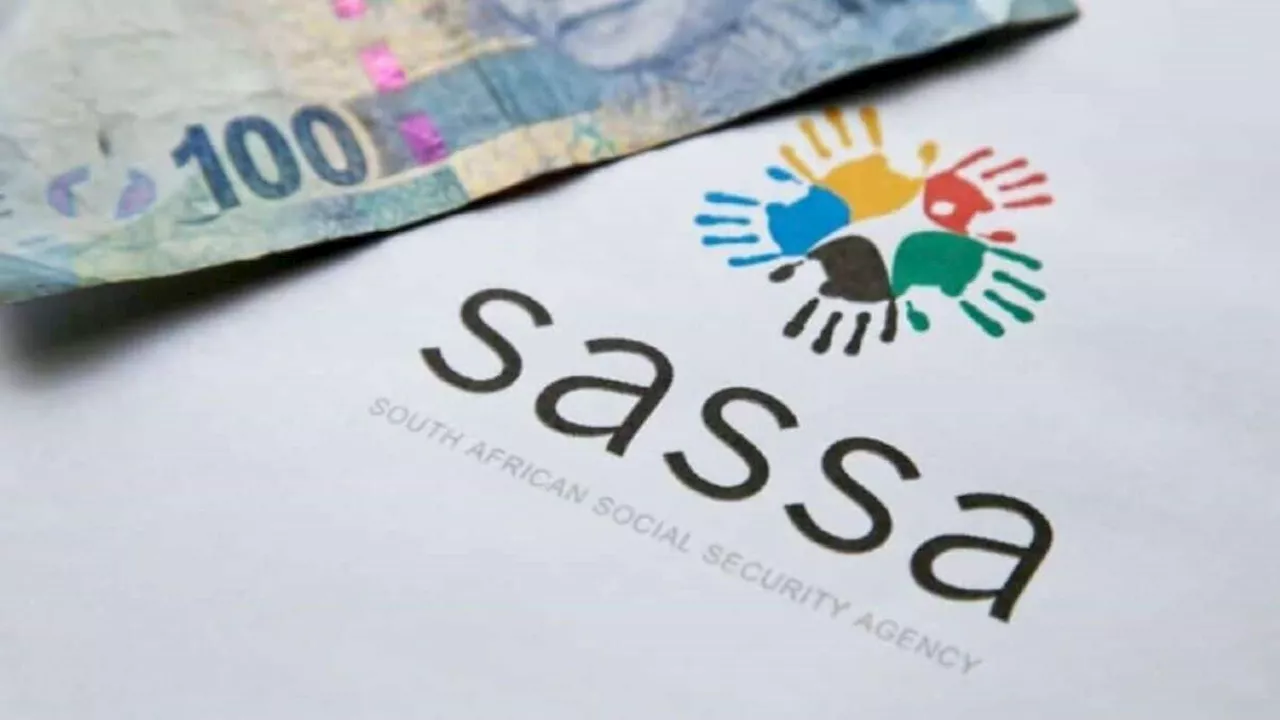 Sassa and SRD Grant Payments for January 2025Get the latest update on Sassa social grant payments, including dates for various grants, SRD grant information, and payment methods.
Sassa and SRD Grant Payments for January 2025Get the latest update on Sassa social grant payments, including dates for various grants, SRD grant information, and payment methods.
Read more »
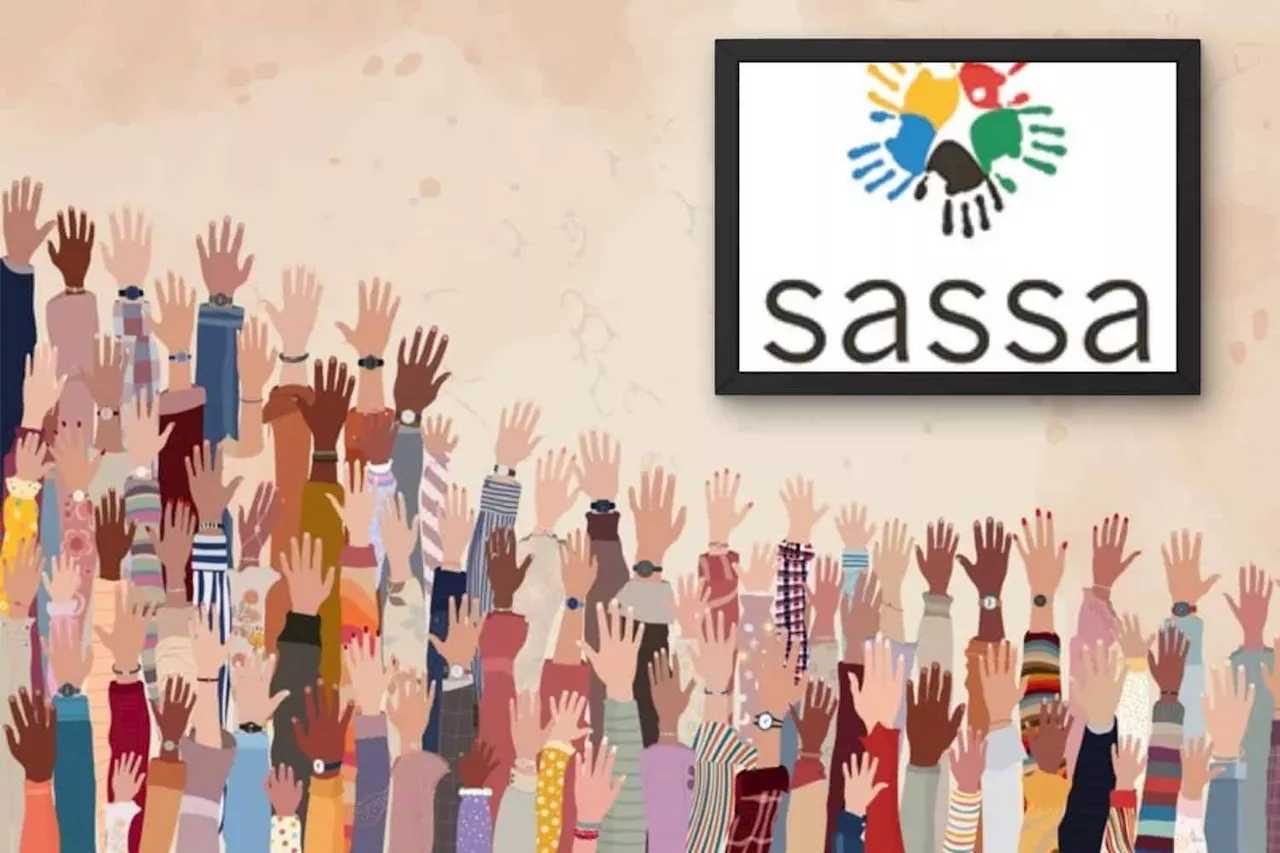 Sassa Confirms SRD Grant Payment Dates Until March 2025Sassa has announced the remaining payment dates for the Social Relief of Distress (SRD) grant, assuring beneficiaries that payments will continue until March 31, 2025. Existing beneficiaries don't need to reapply, and the agency has implemented measures to prevent fraud.
Sassa Confirms SRD Grant Payment Dates Until March 2025Sassa has announced the remaining payment dates for the Social Relief of Distress (SRD) grant, assuring beneficiaries that payments will continue until March 31, 2025. Existing beneficiaries don't need to reapply, and the agency has implemented measures to prevent fraud.
Read more »
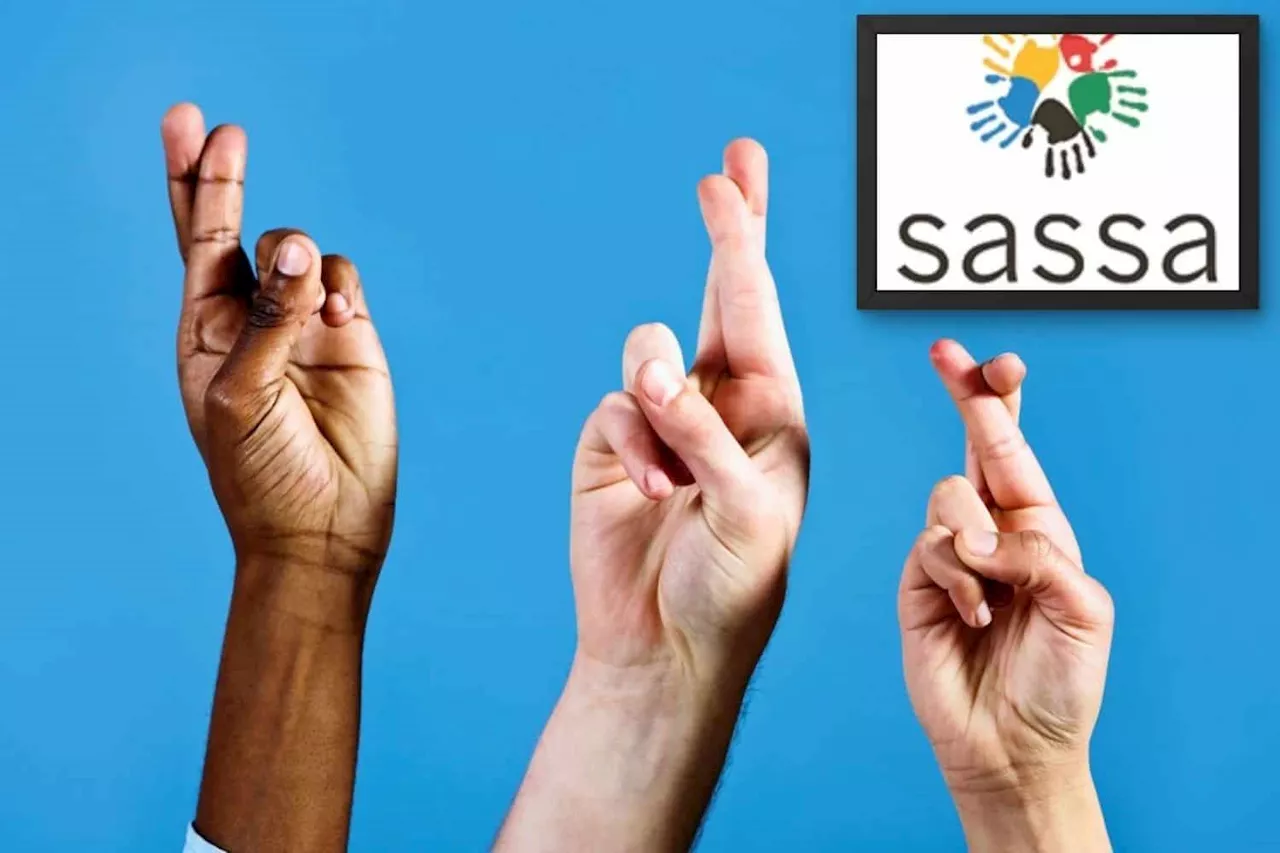 Sassa Lifeline for the Poor: SRD Grant Extension Decision Expected by JanuarySouth Africa eagerly awaits news on the extension of the R370 Social Relief of Distress (SRD) grant, which is set to expire on March 31, 2025. An insider at Sassa revealed a 'strong possibility' of an extension, with a decision expected from the National Treasury by the end of January. The grant, introduced during the Covid-19 pandemic, provides crucial support for 8.5 million recipients facing financial hardship. Funding for the SRD grant beyond March 2025 remains unclear, with budgetary constraints and the need for new revenue streams being cited as key factors.
Sassa Lifeline for the Poor: SRD Grant Extension Decision Expected by JanuarySouth Africa eagerly awaits news on the extension of the R370 Social Relief of Distress (SRD) grant, which is set to expire on March 31, 2025. An insider at Sassa revealed a 'strong possibility' of an extension, with a decision expected from the National Treasury by the end of January. The grant, introduced during the Covid-19 pandemic, provides crucial support for 8.5 million recipients facing financial hardship. Funding for the SRD grant beyond March 2025 remains unclear, with budgetary constraints and the need for new revenue streams being cited as key factors.
Read more »
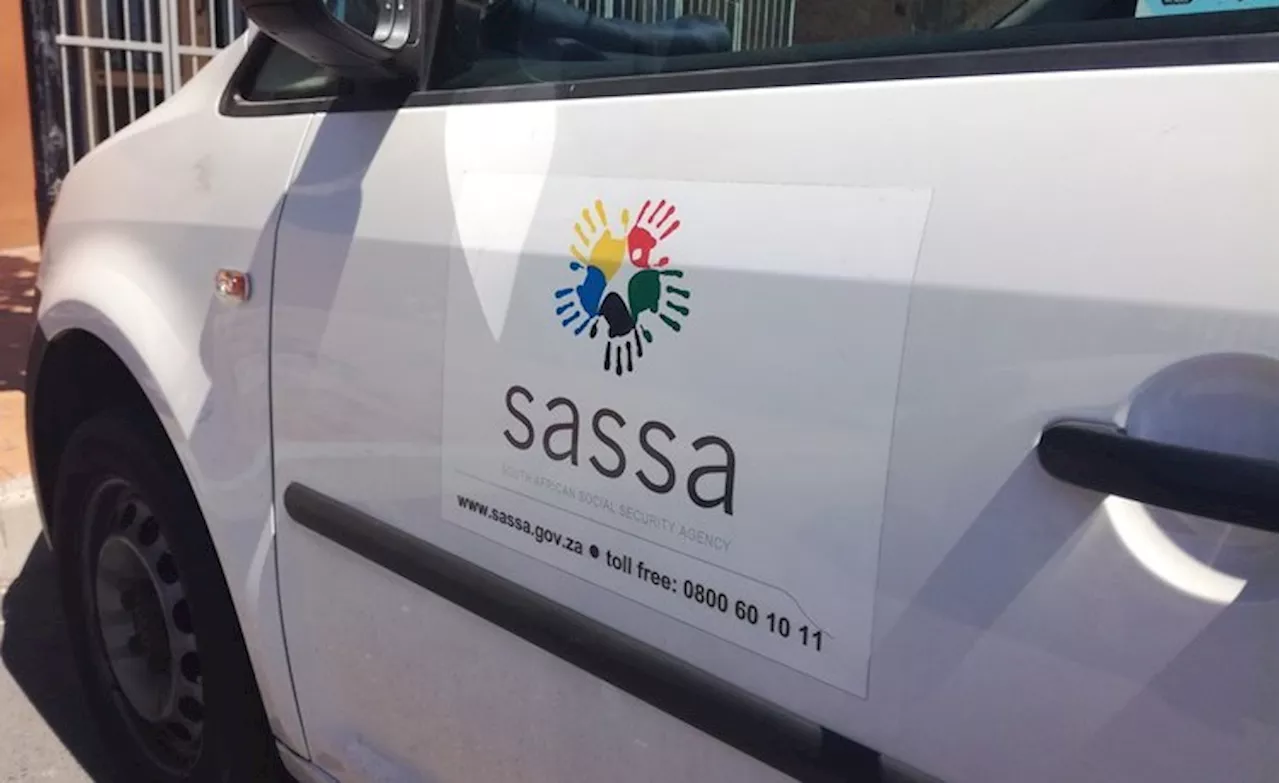 How Fraudsters Exploited Weaknesses in South Africa's SRD Grant SystemThis article reveals the six steps fraudsters used to exploit weaknesses in South Africa's Social Relief of Distress (SRD) grant system, allowing them to submit fraudulent applications and divert funds intended for those in need. The article highlights the vulnerability of the system due to weak computer systems at SASSA, Shoprite, and TymeBank, enabling unauthorized access and account creation. It also mentions the steps taken by these institutions to mitigate fraud risks and the ongoing concerns surrounding the integrity of the SRD grant program.
How Fraudsters Exploited Weaknesses in South Africa's SRD Grant SystemThis article reveals the six steps fraudsters used to exploit weaknesses in South Africa's Social Relief of Distress (SRD) grant system, allowing them to submit fraudulent applications and divert funds intended for those in need. The article highlights the vulnerability of the system due to weak computer systems at SASSA, Shoprite, and TymeBank, enabling unauthorized access and account creation. It also mentions the steps taken by these institutions to mitigate fraud risks and the ongoing concerns surrounding the integrity of the SRD grant program.
Read more »
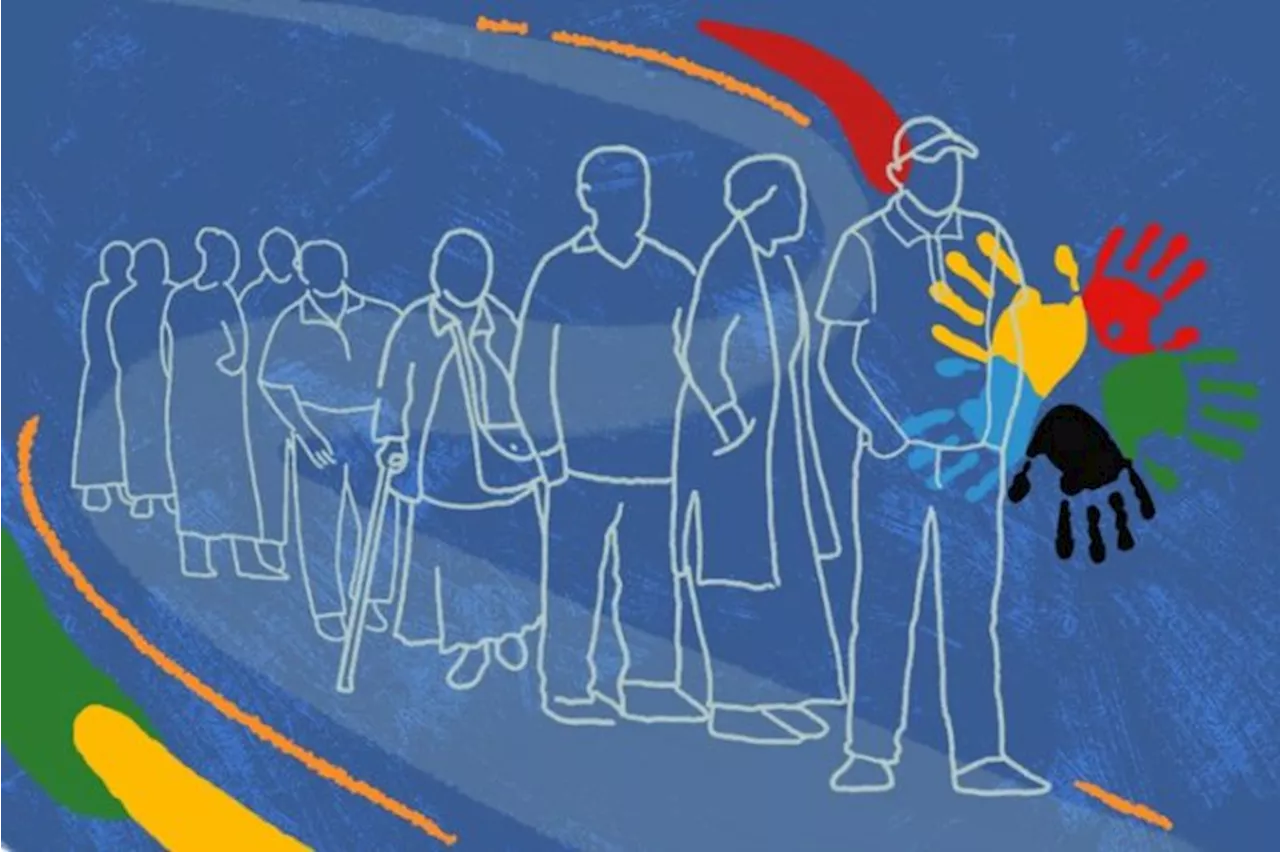 How the SRD grant system has been defraudedThe SRD grant was introduced during the Covid pandemic to assist people in dire need. About nine-million of these R370 grants are paid out monthly now. It is potentially the basis for a universal basic income grant.
How the SRD grant system has been defraudedThe SRD grant was introduced during the Covid pandemic to assist people in dire need. About nine-million of these R370 grants are paid out monthly now. It is potentially the basis for a universal basic income grant.
Read more »
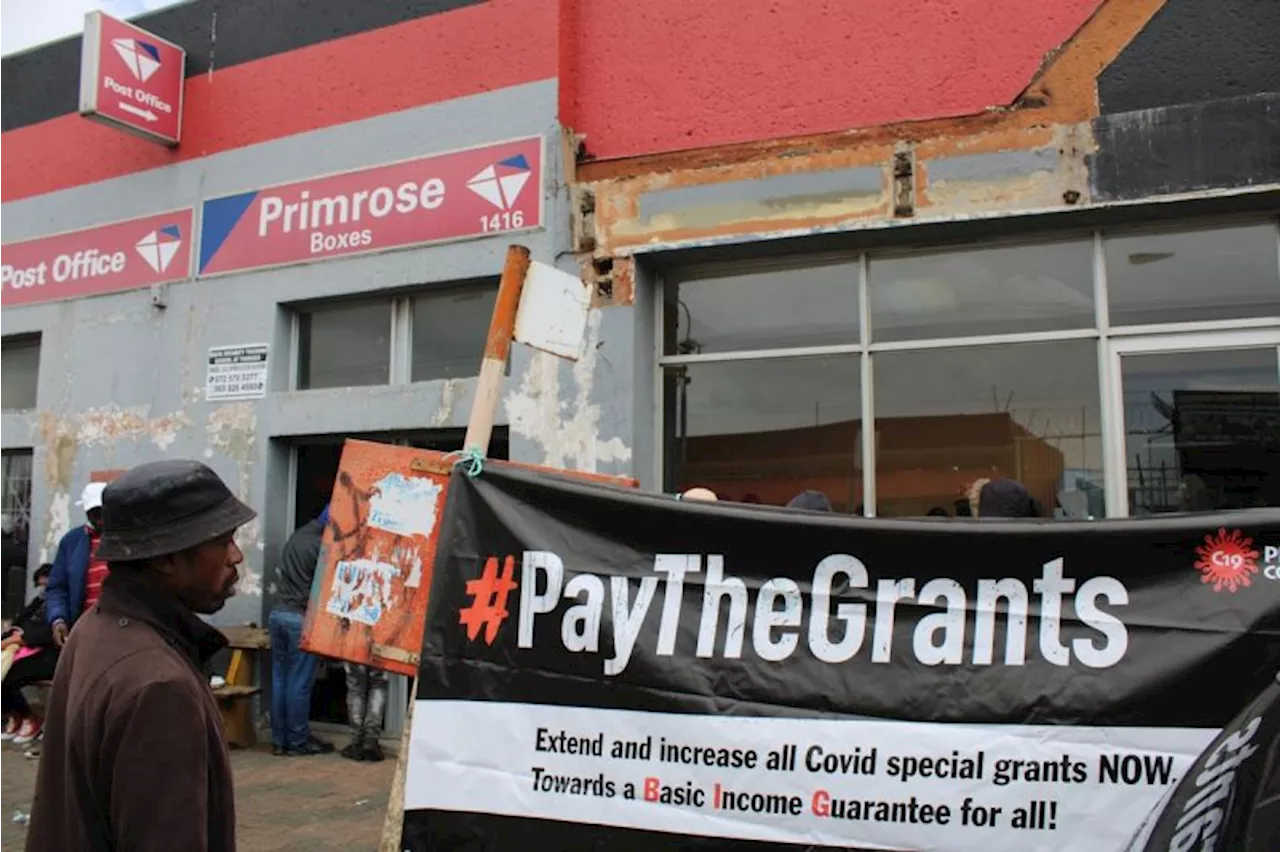 How Fraudsters Exploited Weaknesses in South Africa's SRD Grant SystemThis article exposes how a combination of vulnerabilities in the South African Social Security Agency (SASSA), Shoprite, and TymeBank allowed large-scale fraud in the Social Relief of Distress (SRD) grant system. It details a six-step process used by fraudsters, including opening improperly verified bank accounts, obtaining SIM cards without proper verification, and using stolen identities to apply for grants. While measures have been taken to mitigate these risks, concerns about the system's vulnerability remain.
How Fraudsters Exploited Weaknesses in South Africa's SRD Grant SystemThis article exposes how a combination of vulnerabilities in the South African Social Security Agency (SASSA), Shoprite, and TymeBank allowed large-scale fraud in the Social Relief of Distress (SRD) grant system. It details a six-step process used by fraudsters, including opening improperly verified bank accounts, obtaining SIM cards without proper verification, and using stolen identities to apply for grants. While measures have been taken to mitigate these risks, concerns about the system's vulnerability remain.
Read more »
